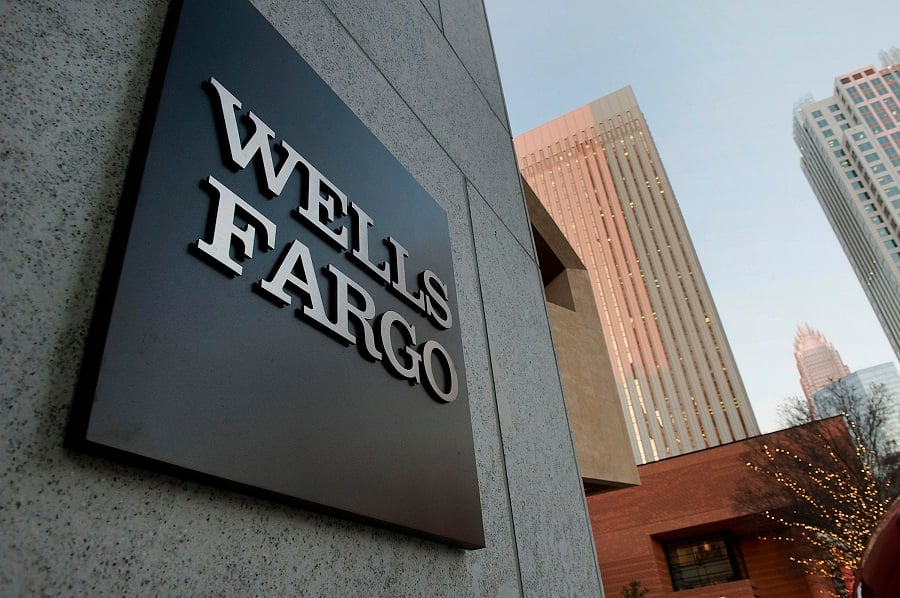Investors should brace for a tough year in U.S. equities as a presidential race dominated by political outsiders will only compound market anxiety over slumping oil and a slowing global economy, according to Wells Fargo & Co.
The S&P 500 index is down 9.4% this year as of Wednesday's close, compared with an average annual gain of 6.54% during the fourth year of a presidential term since 1933, according to
Tracie McMillion, head of global asset allocation strategy for Wells Fargo Investment Institute, the registered investment advisory arm of the bank's wealth and investment management division.
Republican candidate Donald Trump and Democratic hopeful Bernie Sanders won their respective primaries Tuesday in New Hampshire, and their victories are seen as a vote of no confidence in the nation's economic and political status quo. Their candidacies only serve to muddle the outlook for stocks at time when the market is seeking clarity.
”If a candidate with radically different ideas came into office, it would be an environment where the market would have difficult time assessing what impact that would have on the economy,” Ms. McMillion said.
She noted that domestic large-cap stock returns are “much higher” on average when an incumbent is running for president than in “open” election years, when gains average just 1.15%.
Equities are already taking a beating amid increasing concerns about a slowdown in global economic growth and the collapse in oil prices that began in 2014.
“I think the discontent that voters are expressing is because of low growth and the higher level of concern since the crisis,” Ms. McMillion said. “People are looking outside of the establishment.”
Nearly seven years into the current recovery, the domestic economy likely “squeezed out” only a 2.4% growth rate last year, according to a market commentary note Wednesday from Scott Wren, senior global equity strategist with Wells Fargo Investment Institute.
Source: Wells Fargo Investment Institute, Strategas Research, February, 2016. Past performance is not a guarantee of future results. S&P 500 Index Average Performance during Presidential Election Years (1933-2014).
About two months ago, the Federal Reserve raised its benchmark interest rate for the first time in almost a decade, holding it near zero since December 2008 to help bolster a U.S. economic recovery from the financial crisis. Fed Chair Janet Yellen is
eyeing the market turmoil as the central bank weighs whether to keep raising rates this year.
Wells Fargo is emphasizing diversification to help protect against volatility, recommending investors continue to hold stocks while using investment-grade bonds to help stabilize their portfolios, according to Ms. McMillion, who's based in Winston-Salem, N.C.
“We are urging investors not to give up on equities, particularly in such a low interest-rate environment,” she said.







